Deep Learning Model for Latent Fingerprint Reconstruction
Problem Definition
Problem Description: The problem of accurately segmenting latent fingerprints in crime scenes is a critical issue faced by forensic examiners. Currently, the process of manually comparing latent fingerprints with known fingerprints is time-consuming and prone to errors due to the low quality of latent prints. There is a need for an automated system that can accurately segment latent fingerprints with high precision to improve the overall efficiency and accuracy of latent fingerprint identification. The proposed solution of using a Latent Fingerprint reconstruction model designed using Deep Learning Conventional Network could address this problem by providing a more efficient and accurate method for latent fingerprint segmentation and matching.
Proposed Work
The proposed work aims to design a latent fingerprint reconstruction model using Deep Learning Conventional Network. Latent fingerprints found at crime scenes are crucial evidence for identifying suspects. Automating the process of latent fingerprint segmentation is essential for accurate fingerprint matching. This research focuses on using Artificial Neural Networks and basic Matlab modules to improve the precision of minute points extraction in latent fingerprints. By incorporating CNN into the reconstruction process, the model aims to enhance the accuracy of latent fingerprint identification.
The project falls under the categories of Image Processing & Computer Vision, MATLAB Based Projects, and Optimization & Soft Computing Techniques. Subcategories include Neural Network, Feature Extraction, and Image Recognition. The simulation and testing of the model will be conducted in MATLAB, using the AI toolbox for efficient implementation. This research contributes to the advancement of latent fingerprint identification through the integration of Deep Learning and Artificial Intelligence techniques.
Application Area for Industry
This project can be highly beneficial for various industrial sectors, particularly in the field of forensic science and law enforcement. The accurate segmentation and matching of latent fingerprints using a Latent Fingerprint reconstruction model designed with Deep Learning Conventional Network can significantly improve the efficiency and accuracy of fingerprint identification processes in crime scenes. By automating the segmentation process and enhancing the precision of minute points extraction in latent prints, forensic examiners can save time and reduce errors in matching latent fingerprints with known prints. This project's proposed solutions can be applied in industries such as forensic laboratories, law enforcement agencies, and criminal investigation departments, where the quick and accurate identification of suspects is of utmost importance.
The challenges faced by these industries in accurately identifying suspects based on latent fingerprints can be addressed through the implementation of this project's solutions.
By utilizing Artificial Neural Networks and CNN in the fingerprint reconstruction process, the model can enhance the accuracy of latent fingerprint identification, ultimately leading to better investigative outcomes. The benefits of implementing this project include improved efficiency in latent fingerprint segmentation and matching, reduced errors in the identification process, and overall enhancement in the accuracy of forensic examinations. Moreover, the integration of Deep Learning and Artificial Intelligence techniques in latent fingerprint identification can contribute to the advancement of forensic science practices, making it easier for forensic examiners to extract valuable information from latent prints and assist in solving criminal cases effectively.
Application Area for Academics
The proposed project on designing a latent fingerprint reconstruction model using Deep Learning Conventional Network holds significant relevance and potential for research by MTech and PhD students in the field of Image Processing & Computer Vision, particularly focusing on MATLAB Based Projects and Optimization & Soft Computing Techniques. This project addresses the critical issue faced by forensic examiners in accurately segmenting latent fingerprints in crime scenes, offering an automated system to enhance the efficiency and accuracy of latent fingerprint identification. MTech and PhD students can utilize this project for innovative research methods, simulations, and data analysis for their dissertation, thesis, or research papers. By incorporating Artificial Neural Networks and basic Matlab modules, researchers can improve the precision of minute points extraction in latent fingerprints, contributing to the advancement of latent fingerprint identification through the integration of Deep Learning and Artificial Intelligence techniques. The code and literature of this project can be used by field-specific researchers, MTech students, and PhD scholars to explore novel approaches in Neural Networks, Feature Extraction, and Image Recognition, providing a platform for future research in Iris Recognition and other related domains.
The future scope of this project includes exploring advanced deep learning techniques and optimizing the model for real-time applications in forensic science.
Keywords
latent fingerprint segmentation, latent fingerprint identification, forensic examiner, crime scenes, automated system, Deep Learning Conventional Network, latent fingerprint reconstruction model, Artificial Neural Networks, Matlab modules, minute points extraction, CNN, Image Processing, Computer Vision, MATLAB Based Projects, Optimization & Soft Computing Techniques, Neural Network, Feature Extraction, Image Recognition, AI toolbox, latent fingerprint identification, Deep Learning, Artificial Intelligence.
| Shipping Cost |
|
No reviews found!






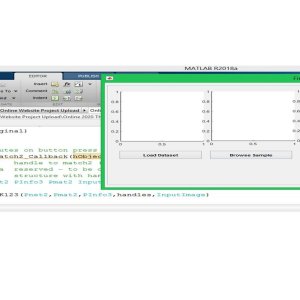
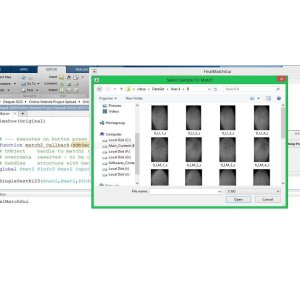










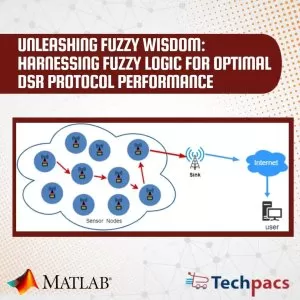

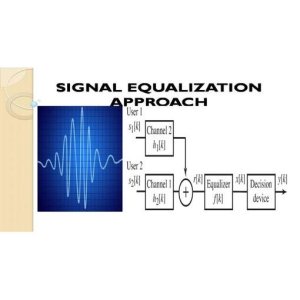
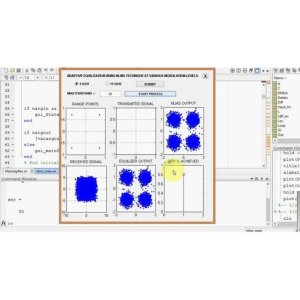
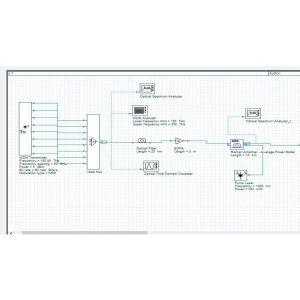
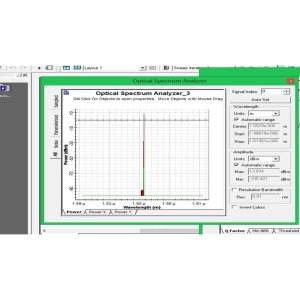
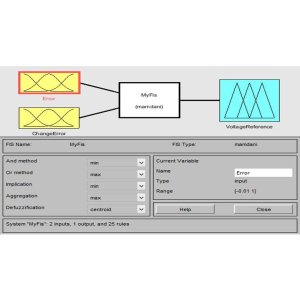
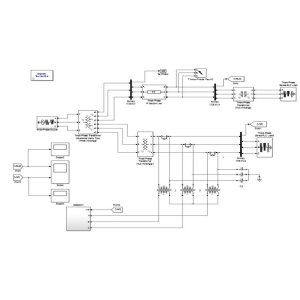































No comments found for this product. Be the first to comment!